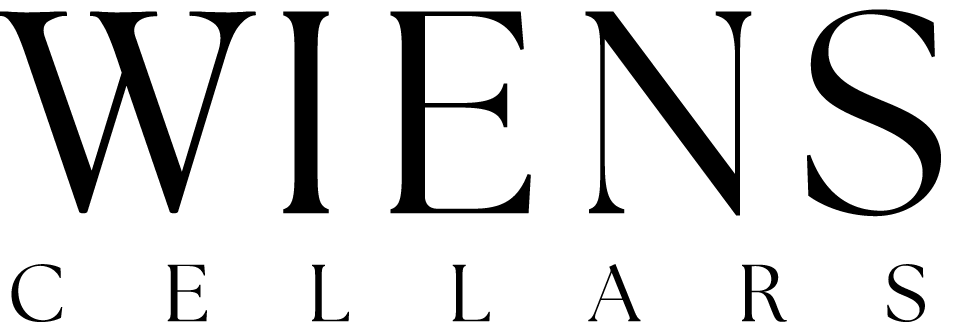In a world where sustainability is becoming increasingly vital, the wine industry is no exception. As stewards of the land, winemakers are acutely aware of the environmental impact of their craft. Wiens Cellars, our small, family-owned winery in Temecula, California, stands as a shining example of the commitment to sustainable winemaking practices. Our owner, David Steinhafel explains it best when he says, “Our dream as winery owners is to not only craft exceptional wines but to do so with a deep commitment to environmental stewardship. We believe in leaving a legacy of sustainability for future generations.”
In this comprehensive exploration, we delve deep into the realm of sustainable winemaking and explore the eco-conscious initiatives that make Wiens Cellars a beacon of environmental responsibility and social awareness in the world of wine.
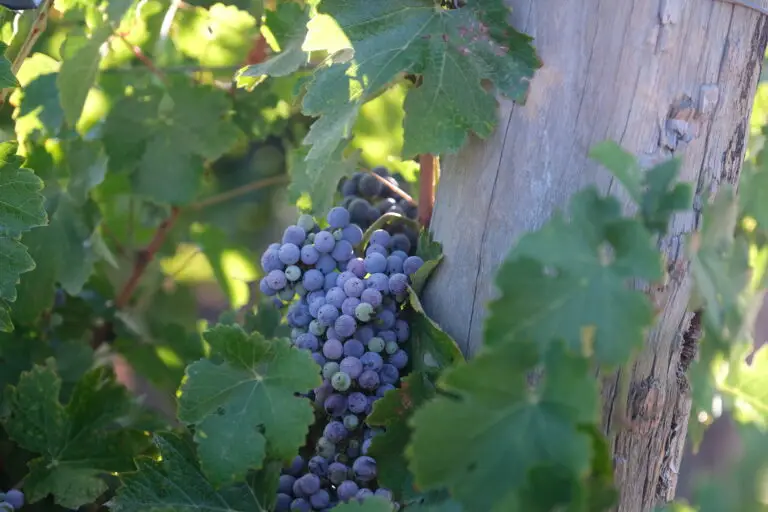
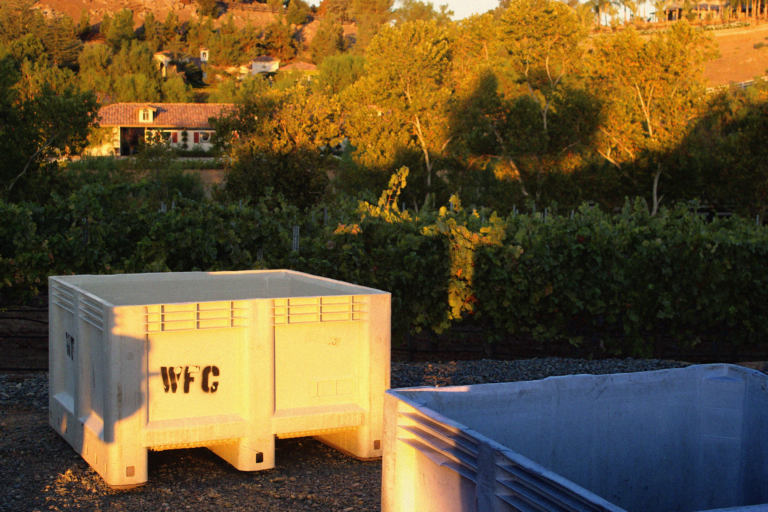
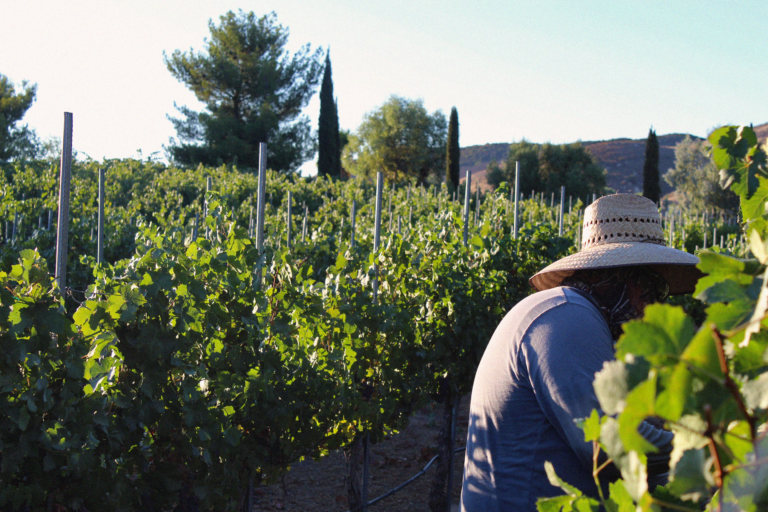
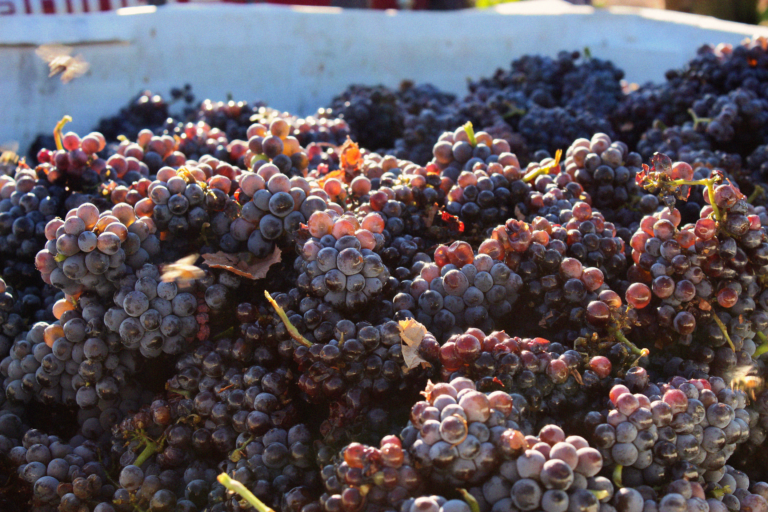
Understanding Sustainable Winemaking
Sustainable winemaking is not just a buzzword; it’s a holistic approach to winemaking that focuses on the long-term well-being of the environment, the economic viability of the winery, and the equitable treatment of the community. It’s a commitment to balance, often summarized in the three pillars of sustainability: environmental stewardship, economic feasibility, and social equity.
Environmental Stewardship
- This pillar emphasizes the responsible and conscientious management of natural resources and ecosystems. In the context of winemaking, environmental stewardship involves practices that protect and preserve the environment. This includes sustainable farming methods, responsible water management, biodiversity conservation, and minimizing the use of harmful chemicals. By prioritizing environmental stewardship, wineries aim to reduce their ecological footprint and safeguard the delicate balance of nature.
Economic Feasibility
- Sustainable practices should also make economic sense for wineries to be viable in the long term. Economic feasibility ensures that wineries can maintain profitability while implementing sustainable initiatives. This includes efficient resource management, cost-effective energy solutions, and waste reduction measures. By achieving economic feasibility, wineries can continue to thrive and invest in further sustainable practices.
Social Equity
- Social equity in sustainability focuses on the well-being of communities and stakeholders involved in winemaking. It emphasizes fair labor practices, community engagement, and ethical business conduct. Wineries that prioritize social equity ensure that their employees are treated fairly, and they often engage in partnerships and initiatives that benefit local communities. This pillar highlights the importance of fostering positive relationships and contributing positively to society.
Together, these three pillars create a balanced and holistic approach to sustainability in winemaking, ensuring that the industry not only produces exceptional wines but also operates in a manner that respects the environment, supports economic growth, and promotes social well-being.
Sustainable Practices in the Vineyard
Sustainable practices in the vineyard encompass a range of eco-conscious techniques aimed at minimizing environmental impact and promoting long-term soil and grapevine health. These practices often involve organic farming methods, water conservation measures, and biodiversity-enhancing initiatives, ensuring that vineyards thrive while respecting the delicate balance of nature.
Organic Farming Practices
- The journey to sustainable winemaking begins in the vineyard, where every grape takes its first breath. Sustainable practices take root in the form of organic farming techniques that minimize the use of synthetic pesticides and fertilizers. The commitment to organic farming is not just about avoiding chemicals; it’s about fostering a more harmonious relationship between the vineyard and the ecosystem it inhabits.
- Organic farming practices nurture the soil with compost and natural fertilizers, encouraging the growth of cover crops to prevent erosion and enhance biodiversity, and meticulously managing pests and diseases using natural methods. Eschewing synthetic chemicals safeguards the soil’s health and biodiversity, creating an environment where the grapevines can thrive naturally.
Water Conservation and Management
- In California’s arid climate, water is a precious resource. Wiens Cellars recognizes the vital importance of water conservation and management in sustainable winemaking. The winery employs state-of-the-art technology and practices to carefully monitor and manage water usage in the vineyards. Soil moisture sensors, weather data, and advanced irrigation techniques allow precise control over water delivery to the grapevines, ensuring that every drop is used efficiently.
- Additionally, rainwater harvesting systems and wastewater treatment facilities further reduce reliance on external water sources and minimize impact on local aquifers and ecosystems. Through these efforts, wineries can not only conserve water, but also contribute to the broader goal of responsible water management in their respective region.
Biodiversity and Habitat Preservation
- Vineyards are not standalone entities but integral parts of larger ecosystems. Wiens Cellars recognizes this interconnectedness and actively promotes biodiversity and habitat preservation in and around its vineyards. The winery dedicates portions of its land to natural habitats, creating safe havens for native plants and wildlife. These areas not only enhance the ecological balance but also provide essential pollination services for the grapevines.
- Moreover, Wiens Cellars has undertaken initiatives to restore and protect nearby waterways, ensuring that the delicate balance of local ecosystems is maintained. By fostering biodiversity and habitat preservation, the winery not only enhances the health of its vineyards but also contributes to the preservation of California’s diverse natural landscapes.
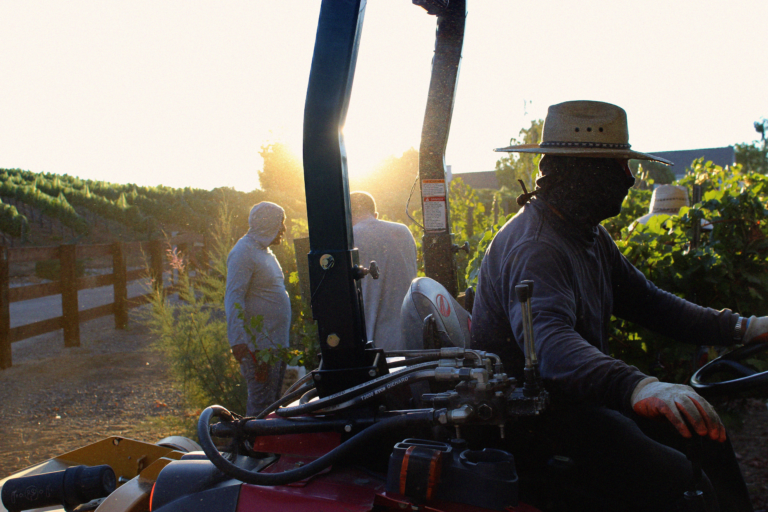
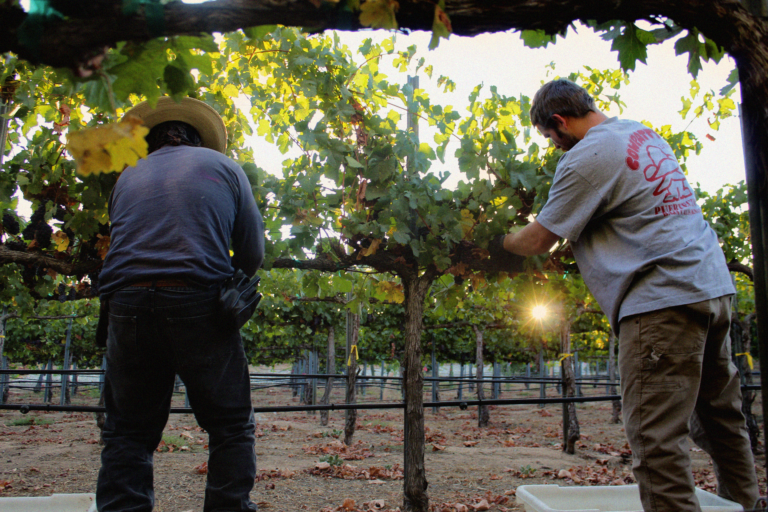
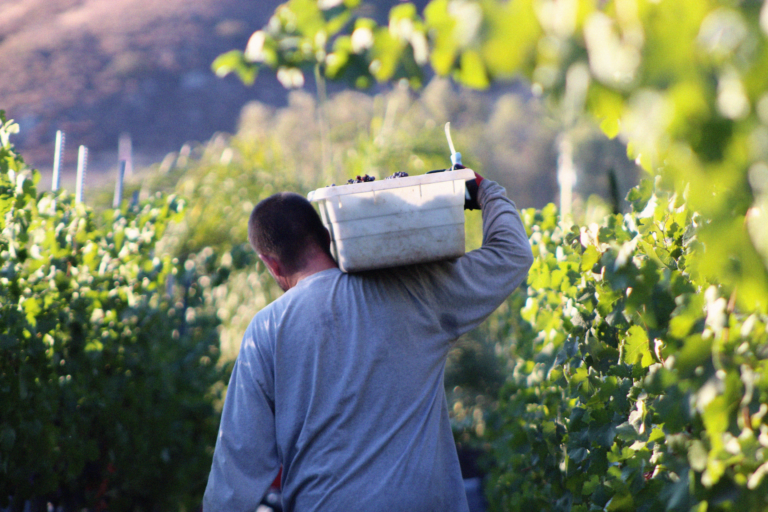
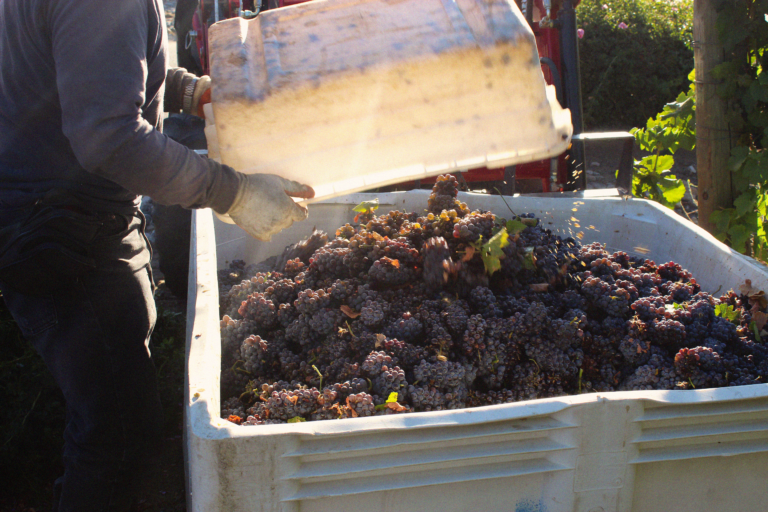
Sustainable Practices in the Winery
The commitment to sustainability extends from the vineyards into the winery at Wiens Cellars. The winery’s eco-conscious initiatives within its walls are as integral to the sustainability journey as the practices in the vineyards.
Energy Efficiency and Renewable Energy
- Energy efficiency is a cornerstone of sustainable winemaking. Wiens Cellars has implemented a range of energy-saving measures, from LED lighting to high-efficiency HVAC systems. These initiatives not only reduce the winery’s carbon footprint but also result in cost savings that can be reinvested in sustainable practices.
Waste Management and Recycling
- Waste management and recycling are essential components of sustainable winemaking. At Wiens Cellars, a comprehensive waste management program is in place to minimize waste generation and maximize recycling. This program encompasses everything from the recycling of glass bottles and cardboard packaging to the composting of grape pomace and vine pruning. In addition to traditional recycling, Wiens Cellars explores innovative solutions to reduce waste even further.
Sustainable Packaging Options
- The commitment to sustainability doesn’t end when the wine is bottled; it extends to the packaging. Although Wiens Cellars has yet to secure a fully sustainable packaging solution, we are constantly aware of our carbon footprint.
Our winery also encourages consumers to embrace sustainability by offering refillable and reusable wine bags. These initiatives reduce the environmental impact of packaging and promote responsible consumer choices.
The Benefits of Sustainable Winemaking
Sustainable winemaking isn’t just a feel-good practice; it yields a trove of tangible benefits. These benefits extend far beyond the vineyard and winery, encompassing environmental, economic, and social advantages. It leads to a reduction in greenhouse gas emissions, responsible resource management, cost savings through efficient practices, and contributes positively to local communities, fostering a more eco-conscious and socially equitable wine industry.
Environmental Benefits
- Preservation of Soil Health and Biodiversity: Sustainable winemaking practices prioritize the health of the soil and the biodiversity of the vineyard ecosystem. Healthy soil not only benefits grapevines but also supports a diverse range of microorganisms and organisms in the soil, contributing to a balanced and vibrant ecosystem.
- Responsible Water Usage and Conservation: Sustainable wineries carefully manage their water resources to ensure responsible usage and conservation. This includes monitoring soil moisture, using advanced irrigation techniques, and implementing water-efficient practices. By optimizing water use, wineries reduce their environmental impact and help conserve precious water resources in regions where water scarcity is a concern.
- Protection of Natural Habitats and Ecosystems: Sustainable vineyards take measures to protect and restore natural habitats and ecosystems in and around their vineyard areas. This involves creating safe havens for native plants and wildlife, preserving nearby waterways, and ensuring that the delicate balance of local ecosystems is maintained. By safeguarding natural habitats, wineries contribute to the overall health and diversity of the regions they inhabit.
Economic Benefits
- Cost Savings Through Energy Efficiency and Waste Reduction: Sustainable winemaking practices often result in significant cost savings for wineries. Energy-efficient operations, such as using LED lighting and optimizing cooling systems, reduce energy bills. Additionally, waste reduction measures, such as recycling and reusing materials, minimize waste disposal costs. By adopting these practices, wineries can operate more economically and efficiently.
- Increased Efficiency and Resource Management: Sustainability in winemaking enhances overall efficiency and resource management. This includes precise water management to avoid waste and streamlined production processes to reduce resource consumption. Improved efficiency ensures that resources are used wisely, benefiting both the winery’s bottom line and the environment.
- Enhanced Marketability and Consumer Appeal: Sustainability has become a key factor in consumer purchasing decisions. Wineries that embrace sustainable practices often enjoy increased marketability and consumer appeal. Eco-conscious consumers are more likely to support and choose wines from wineries that prioritize sustainability, leading to higher sales and brand loyalty. By aligning with sustainability, wineries position themselves as responsible and forward-thinking industry leaders.
Social Benefits
- Contribution to Local Communities Through Employment and Partnerships: Sustainable wineries play a significant role in their local communities by providing employment opportunities and forming partnerships with local businesses. This not only boosts the local economy but also strengthens the social fabric of the region. By engaging with and supporting their communities, wineries become integral parts of the areas in which they operate.
- Fostering Positive Relationships with Neighbors and Stakeholders: Sustainable wineries prioritize positive relationships with neighbors, stakeholders, and local authorities. This involves open communication, addressing concerns, and being good neighbors in terms of noise, traffic, and environmental impact. By fostering these relationships, wineries create harmony and mutual support within their communities.
- Promoting Responsible and Ethical Business Practices: Sustainability in winemaking extends to responsible and ethical business practices. This includes fair labor practices, ethical sourcing of materials, and transparent business conduct. Wineries that prioritize social equity demonstrate a commitment to doing business in an ethical and responsible manner, which not only benefits their employees and stakeholders but also contributes to the overall well-being of society.
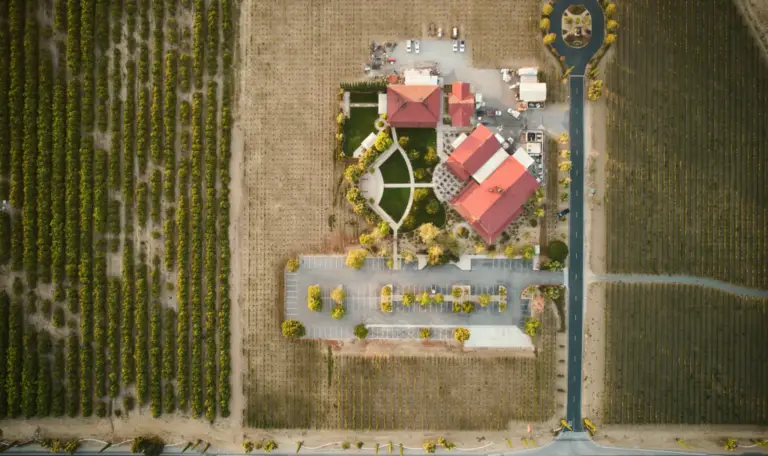
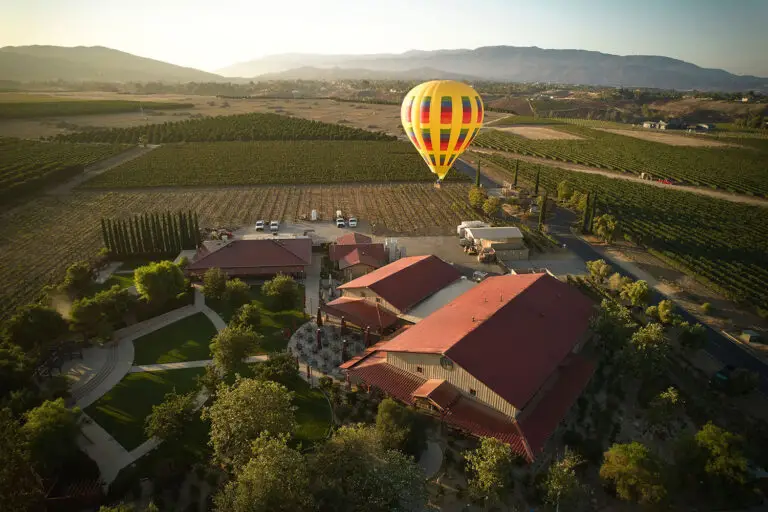
Sustainable Winemaking at Wiens Cellars
Wiens Cellars is a shining example of sustainable winemaking in action. As passionately put by our Winemaker, Brian Marquez, “We continually strive to capture the essence of the land in every bottle, respecting the delicate balance of nature with each winemaking decision.” The winery’s commitment to water conservation, biodiversity, and eco-conscious practices in the winery reflects a deep dedication to environmental stewardship, economic feasibility, and social equity.
Sustainable Practices at Wiens Cellars:
- Precise water conservation measures and responsible water management.
- Promotion of biodiversity and habitat preservation in the vineyards.
- Comprehensive waste management and recycling programs.
- Thoughtful selection of sustainable packaging options.
- Engagement with local communities and partnerships that enhance social equity.
The Impact on the Wines Produced at Wiens Cellars
Sustainability isn’t just a noble ideal at Wiens Cellars; it’s a fundamental aspect of the winemaking process that directly influences the wines produced. The consistent goal of sustainability results in grapes that express the true character of the vineyard and the Temecula terroir. Water conservation ensures that the vines receive just the right amount of hydration, contributing to the concentration and balance of flavors in the grapes. Biodiversity in the vineyards creates a harmonious ecosystem where grapevines thrive naturally.
In the winery, energy-efficient practices and renewable energy sources minimize the winery’s environmental impact and help maintain the integrity of the grapes during production. Waste management programs reduce unnecessary waste and reinforce the winery’s eco-conscious values. Sustainable packaging options reflect the commitment to sustainability from vine to bottle.
As we raise our glasses to toast the wines of Wiens Cellars, let us also raise our awareness of the importance of sustainable winemaking. By choosing wines from wineries like Wiens Cellars that prioritize sustainability, we not only savor exceptional wines but also support practices that safeguard the environment, bolster local economies, and promote social equity. It’s a commitment to a more sustainable and harmonious future, one bottle at a time. Cheers to the eco-conscious journey of sustainable winemaking!
In every sip of Wiens Cellars’ wine, we taste the fruits of responsible stewardship and a commitment to preserving the delicate balance of our planet. So, the next time you uncork a bottle of Wiens Cellars wine, remember that you’re not just enjoying a superb wine; you’re partaking in a sustainable journey that enriches both your palate and the world around you.
